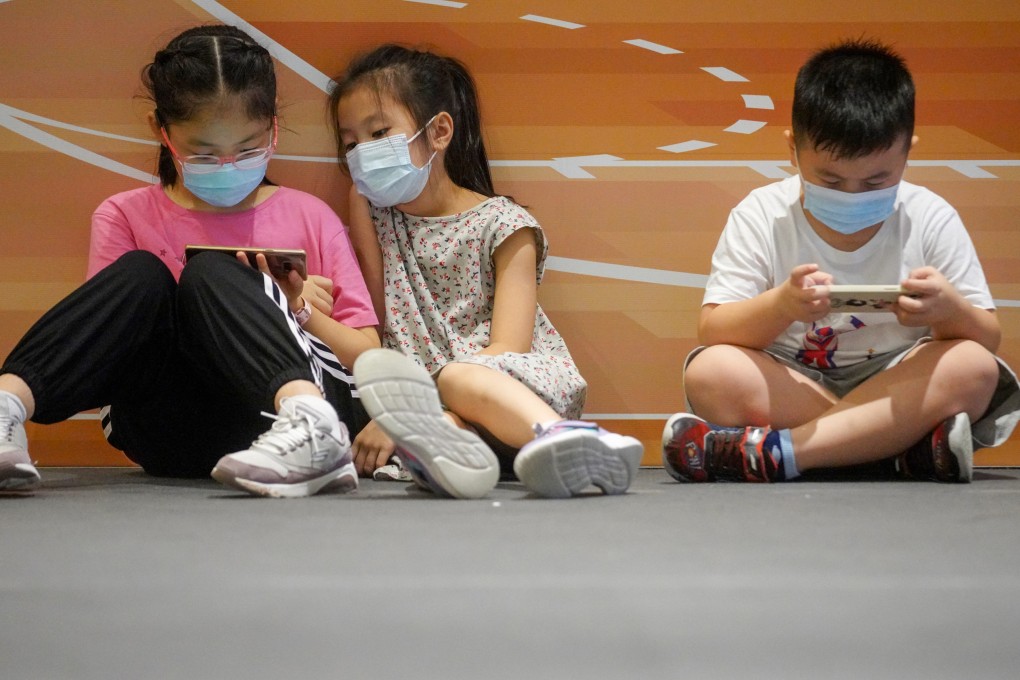Hong Kong doctors must be ‘vigilant against upsurge’ of whooping cough cases after Covid-19: authorities
- Centre for Health Protection urges doctors to test more for illness after rise in cases locally and around the world
- City records 24 cases of whooping cough in the first quarter of the year and four more since, bringing total to 28 as of Thursday

The Centre for Health Protection on Friday urged doctors to look out for the condition, also known as pertussis, and test patients who had coughs and “inspiratory whoops” – wheezing on the in-breath – for at least two weeks, if the reason for the coughs could not be established.
“Globally, recent increased levels of pertussis have been observed following the lower disease circulation during the Covid-19 pandemic,” the centre said in a letter to doctors.
The centre said the resurgence could be attributed to a few factors, such as people not getting vaccinated, not receiving the latest vaccination and waning natural immunity.
Twenty-four cases of whooping cough were registered in Hong Kong in the first quarter of the year and four more since then, bringing the total to 28 as of Thursday. Of these, 22 were locally acquired infections, while the rest were imported from mainland China or overseas.
Figures from the centre also showed that 19 cases – or nearly 70 per cent – affected infants and children aged up to 17 years. The remaining nine were adults, including five with unknown vaccination history and one who was unvaccinated.